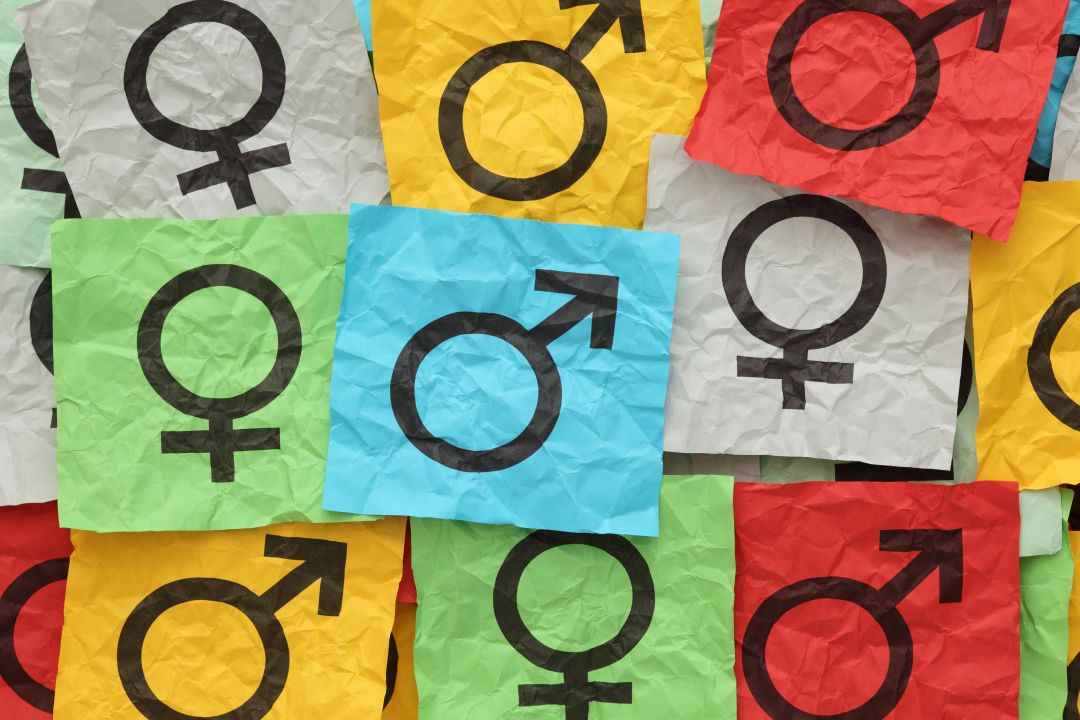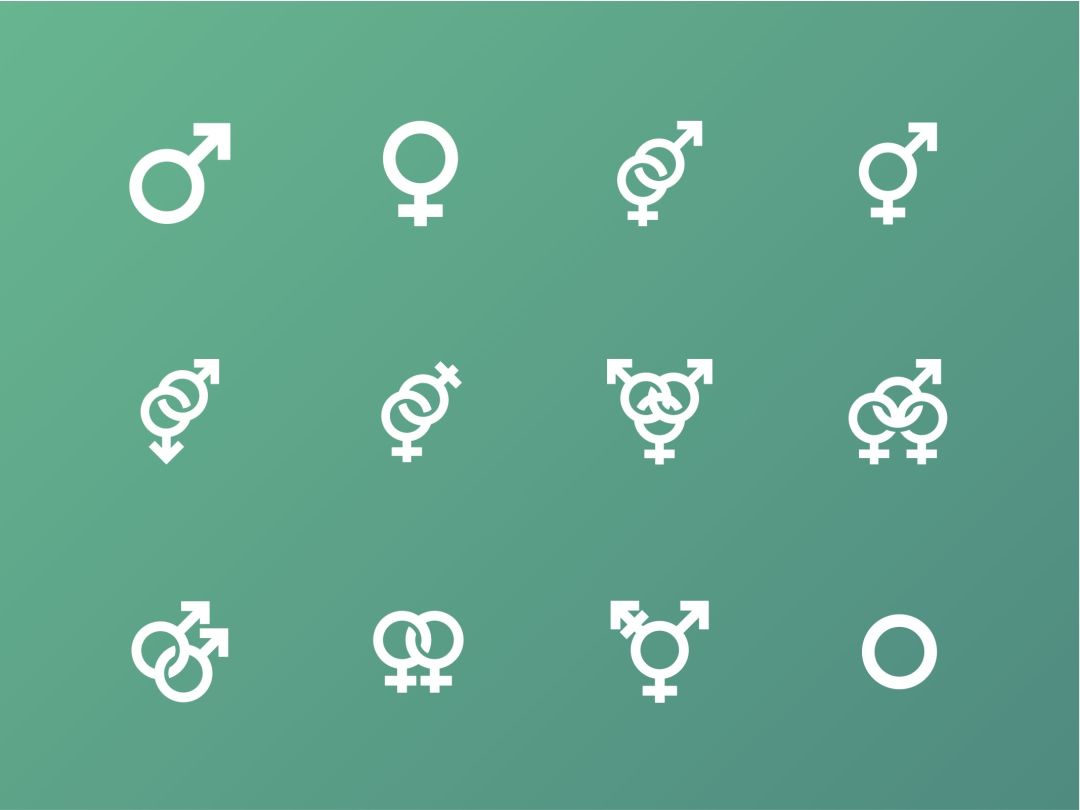An Oregon Court Recognized “Non-Binary” as a Gender—Here’s What That Means

Image: Shutterstock
On Friday, June 10, Oregon Judge Holmes Hehn granted a petition allowing Jamie Shupe to legally change their* gender to non-binary in the first ruling of its kind in the country. During the reporting of this historical event, Shupe has shared their story about initially transitioning from male to female, a narrative many people have come accustomed to through the exposure of trans women in the media. But what does being non-binary mean? Why doesn’t Shupe want to choose male or female, and why is it all that important? As a person who identifies non-binary, I hope to provide some answers.
Non-binary is an umbrella term to describe someone who is not simply male or female. When there are two options for something, it is called a binary. In this case, the binary is gender. Anyone who describes their gender as non-binary may exist between male and female, encompass both male and female, or something completely different. Non-binary people may also describe themselves as genderqueer, gender non-conforming, gender variant, multi-gender, gender fluid, agender, bigender, etc. The possibilities are really endless because gender is just as unique as an individual is.
Although the word “non-binary” is a contemporary term, the idea of existing beyond male and female is not. It has deep roots in many ancient eastern and indigenous cultures. Through colonialism and genocide, these identities have been silenced, stolen, and hidden away. As queer and trans people heal from oppression, stay alive, and create communities, new words to describe gender and sexuality come to fruition. We create our own language.
On Facebook, we have more than 50 genders to choose from. On governmental forms, we have…. Maybe three now? We’ll see how Jamie Shupe’s process goes with changing all their forms of identifications. We’ll see how this hearing affects other individuals who wish to change their gender in Oregon. All gender changes must be approved in court. If a judge does not agree with this change, or a person cannot provide evidence of treatment for gender reassignment from medical professionals and therapists, a petition may be denied. Hopefully Judge Hehn has set a precedent, and many more will follow suit.

Image: Shutterstock
In the meantime, we can already recognize non-binary people in our everyday lives! Which, honestly, is way more important to me than what my driver’s license says.
-For starters, don’t assume anyone’s gender. Just as we allow people to tell us about themselves, let people tell you about their gender and identify themselves.
-When meeting someone, ask what pronouns they use. This won’t always let you know what gender someone identifies as, but at least you know how to refer to them.
-Use the gender neutral pronoun of “they/them” until you know what pronoun someone uses. If you think it’s difficult to use… practice!
-If you don’t know someone’s gender, be okay with never knowing. Asking someone’s gender can be a loaded question for someone who is non-binary. It’s not always easy to explain nor is it appropriate.
-Use gender neutral terms to greet people. Instead of saying “Good morning, ladies!”, you can say “Good morning, folks!” Reevaluate gendered language that excludes non-binary identities.
If non-binary people are recognized legally, it could create a wave that would pulsate through society in many positive ways. It could start individually with making a non-binary person feel seen, respected, and reaffirmed in who they are. Then it might affect initiatives for gender-neutral bathrooms and college housing. Then it could go on to the point where everyone has the freedom to express whatever gender they choose, and no one is discriminated against or murdered for expressing a certain gender or sexuality. But all that is going to come from a societal change in affirming and respecting non-binary identities. I am happy to see Oregon lead the way, and eager to see how it affects us all.
*they/them/their is used as a singular gender-neutral pronoun
Mads Ambrose is the founder of Babe Wax, a gender-affirming and body-positive waxing salon in Southeast Portland.




